Childhood Disintegrative Disorder (CDD)
What is Childhood Disintegrative Disorder (CDD)?
Childhood Disintegrative Disorder, also known as Heller’s syndrome, is a rare neurodevelopmental condition that generally occurs between the ages of 2 and 10. Children with CDD typically experience a significant regression in multiple areas of development, including language, social skills, and motor skills, following a period of normal functioning. This rapid regression can lead to a profound loss of previously acquired skills and abilities, making it a concerning condition for families and caregivers.
What are the symptoms of Childhood Disintegrative Disorder?
The symptoms of CDD can vary but often include a marked decline in social engagement, loss of language abilities, impaired communication skills, and reduced interest in social interactions. Additionally, motor skills may deteriorate, leading to issues such as difficulty walking or using fine motor skills. Behaviors may also become restricted and repetitive, similar to those observed in autism spectrum disorders.
How is Childhood Disintegrative Disorder diagnosed?
Diagnosing CDD involves a careful evaluation by a team of specialists, including pediatricians, psychologists, and neurologists. The process typically includes comprehensive developmental assessments, parental interviews, and observing the child’s behavioral patterns. Since CDD shares characteristics with other autism spectrum disorders, differential diagnosis is crucial to ensure accurate identification.
What causes Childhood Disintegrative Disorder?
The exact cause of CDD is not well understood. However, it is thought to involve complex interactions between genetic and environmental factors. Unlike some other developmental disorders, there are currently no specific known genetic markers or identifiable causes associated with CDD.
Is there a treatment for Childhood Disintegrative Disorder (CDD)?
While there is no specific cure for CDD, a multi-disciplinary approach to treatment can greatly enhance the quality of life for affected children. Therapies may include speech and language therapy to address communication deficits, occupational therapy to improve daily living skills, and behavioral therapies to manage symptoms. Early intervention is critical for achieving the best outcomes.
How does Childhood Disintegrative Disorder affect daily life?
Children with CDD may face significant challenges in everyday activities, from social interactions with peers to academic performance in school. The regression of skills can lead to frustration and emotional distress for both the child and their family. Supportive environments and tailored interventions can help mitigate these challenges.
Can Children with Childhood Disintegrative Disorder recover skills?
Recovery of skills in children with CDD is variable and can depend on various factors, including the timing of intervention and the individual child’s characteristics. Some children may regain certain skills with appropriate therapies, while others may continue to struggle. The focus should be on supporting the child’s current abilities and promoting as much functional independence as possible.
What role does family support play in managing Childhood Disintegrative Disorder (CDD)?
Family support is crucial for managing Childhood Disintegrative Disorder. Understanding the condition, participating in therapies, and creating a nurturing home environment can significantly impact a child’s development. Parents and caregivers may also benefit from support groups where they can share experiences and strategies with others dealing with similar challenges.
Are there educational resources available for children with Childhood Disintegrative Disorder (CDD)?
Yes, educational resources tailored for children with CDD do exist. Many schools offer individualized education plans (IEPs) that outline specific learning goals and necessary accommodations. Additionally, specialized educational programs and support services can be accessed to meet the unique needs of these children.
What is the long-term outlook for children with Childhood Disintegrative Disorder?
The long-term outlook for children with CDD varies widely. While some children may show improvement with intensive intervention and support, others may continue to face significant challenges throughout their lives. Early diagnosis and intervention are strongly associated with better outcomes, making access to appropriate services imperative.
Can Childhood Disintegrative Disorder co-occur with other conditions?
Children with CDD may also be diagnosed with other co-occurring conditions, such as ADHD, anxiety disorders, or learning disabilities. This comorbidity can complicate treatment and management plans, necessitating a comprehensive approach to care that addresses all aspects of the child’s health and development.
Are there specific therapies recommended for children with Childhood Disintegrative Disorder (CDD)?
Behavioral therapies, such as Applied Behaviour Analysis (ABA) and Early Intensive Behavioural Intervention (EIBI), are often recommended for children with CDD. These therapies focus on reinforcing positive behaviors and teaching essential skills through structured interventions. Speech therapy and occupational therapy are also beneficial in addressing communication and daily living skill deficits.
How can caregivers manage behavior challenges associated with Childhood Disintegrative Disorder (CDD)?
Managing behavioral challenges in children with CDD often requires consistent strategies and techniques. Caregivers can implement visual schedules to provide structure, use positive reinforcement to encourage desired behaviors, and maintain a calm and predictable environment. Working with professionals, such as behavior analysts or therapists, can also help tailor effective behavior management plans.
What environmental factors might influence Childhood Disintegrative Disorder?
While specific environmental factors contributing to Childhood Disintegrative Disorder (CDD) are not well defined, researchers continue to explore how elements such as prenatal exposure to toxins, infections during pregnancy, and early childhood experiences could potentially impact the development of the disorder. It remains essential for parents and healthcare providers to foster a healthy environment that supports children’s overall well-being.
How can parents advocate for their child with Childhood Disintegrative Disorder (CDD)?
Parents can play a vital role in advocating for their child by staying informed about CDD and actively participating in their child’s education and therapy. This may involve collaborating with educators to ensure appropriate accommodations are made, seeking out resources and support groups, and communicating effectively with healthcare providers to access necessary services.
Are there support services specifically for siblings of children with Childhood Disintegrative Disorder (CDD)?
Yes, there are support services available for siblings of children with CDD. These programs often focus on providing emotional support, education about the disorder, and opportunities for siblings to connect with others in similar situations. Such services can help siblings understand their feelings and develop healthy coping strategies.
What are other parents reading?
When most people think about the senses, the traditional five often come to mind: sight, sound, taste, touch, and smell.
Sensory processing disorder (SPD) often flies under the radar, yet it plays a crucial role in understanding the complexities of
Sensory Processing Disorder (SPD) is a complex condition that manifests in various ways, depending on how individuals process sensory information.
Find a Therapist
Find the physical therapist, occupational therapist, or speech language pathologist you are looking for!
Ask Us Anything
Whether you are looking for advice, have a general question about sensory processing, or are looking for resources - we are here to help!
Ask Us Anything
Submit Your Story
Share your story about your child. Let’s celebrate milestones and learn more about challenges.

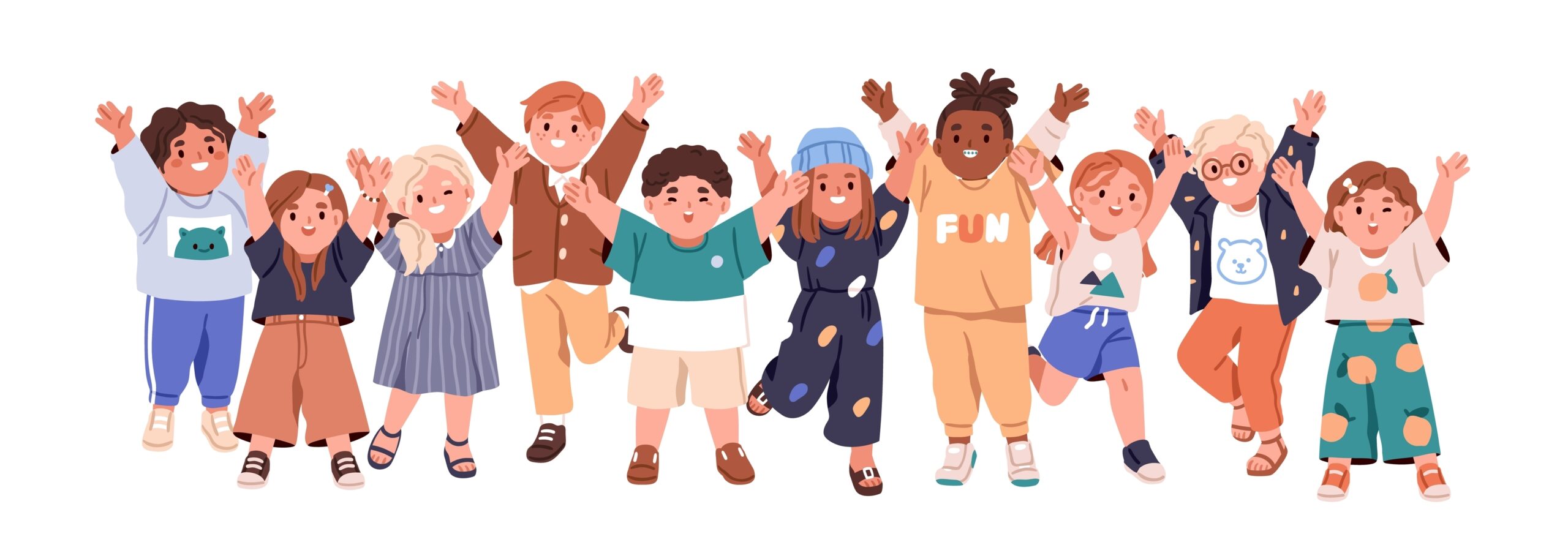

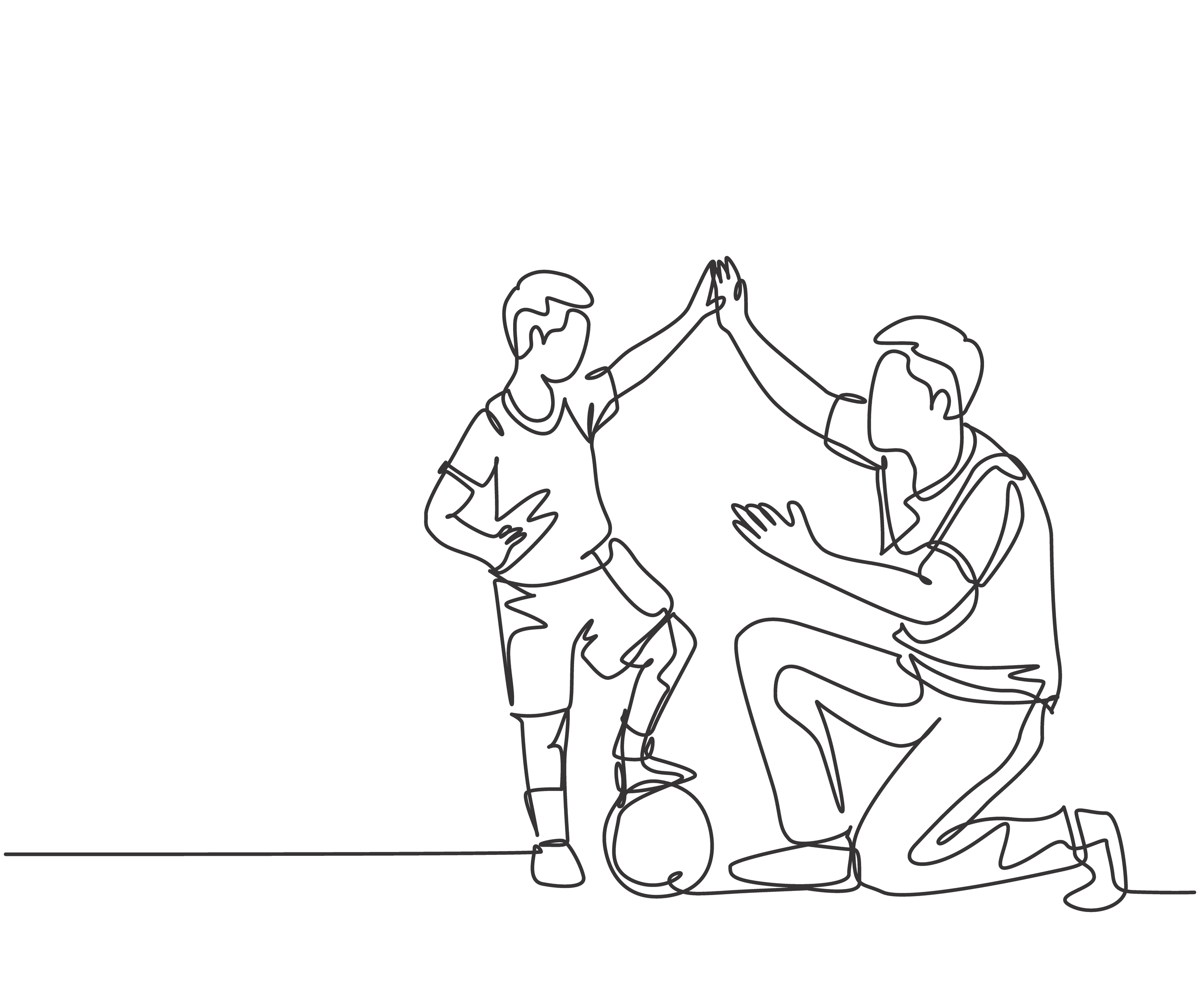







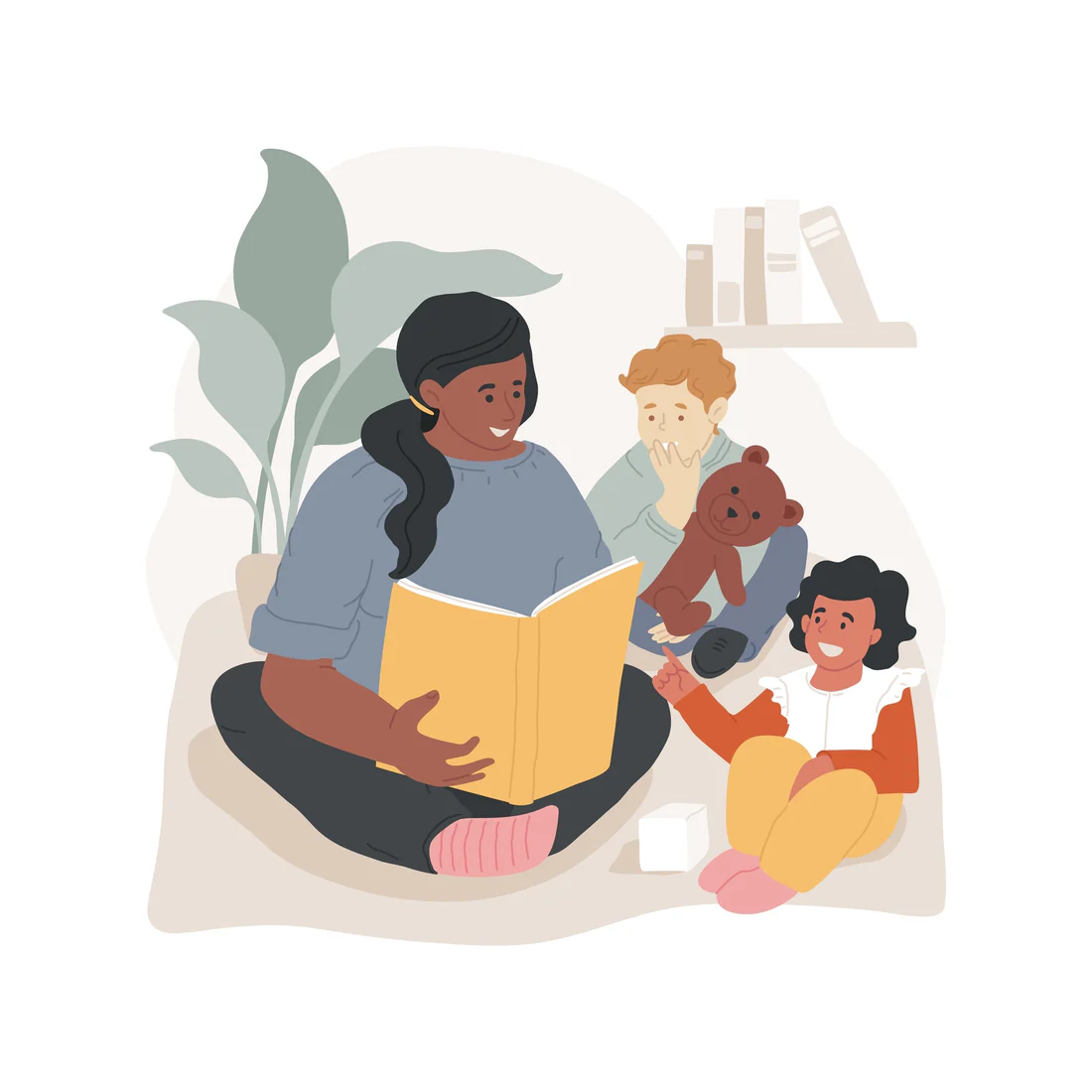
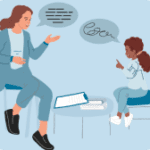 Speech Therapy
Speech Therapy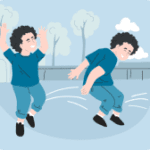 Physical Therapy
Physical Therapy Occupational Therapy
Occupational Therapy
